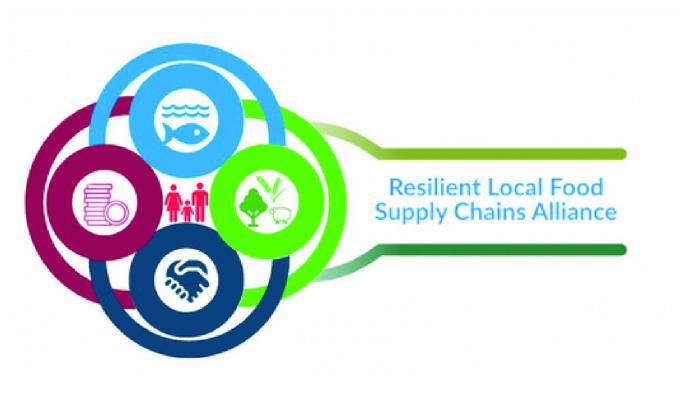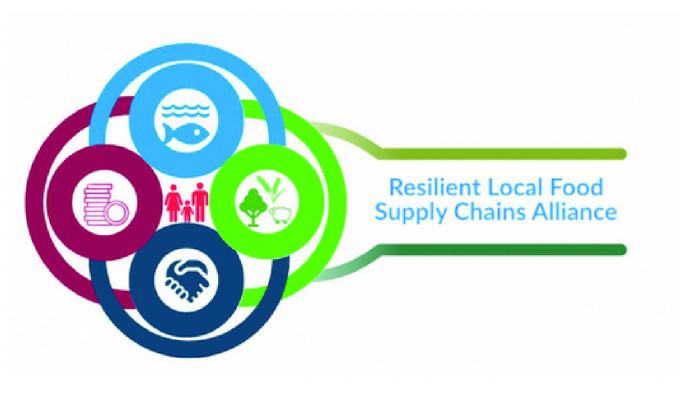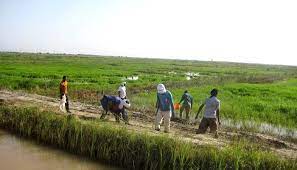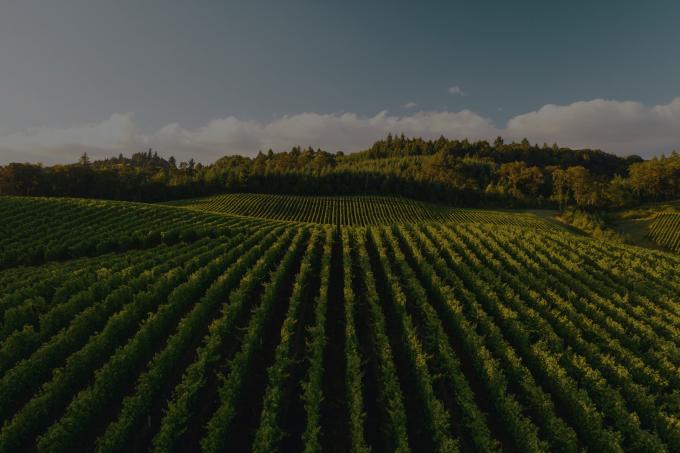STORIES
Stay, and start (up) a new life
How to create start-ups where unemployment and lack of hope are at an all-time high.
Tunisia
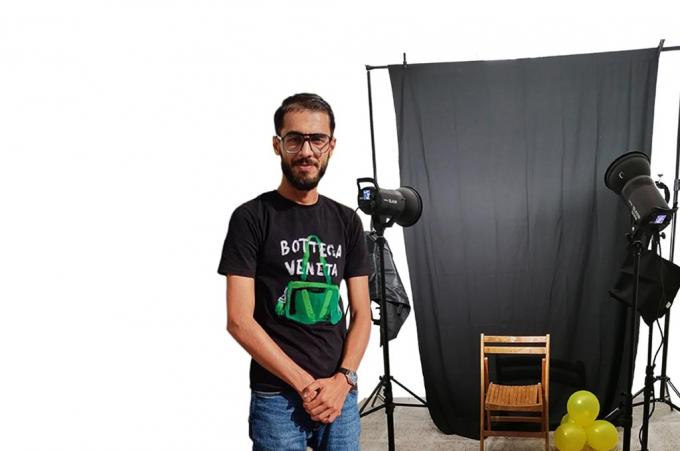
When a young boy from the coastal areas of Gabès and Médenine stares out to sea, he often dreams of reaching the European shore a few dozen kilometres away. Most of the time, illegal migration is not an option but a matter of survival. In rural Tunisia, one in three young men is neither educated nor employed. These so-called NEETs are an ideal target for recruitment into extremist religious movements or for human trafficking.
The percentage of those aged 15 to 24 who cannot find a job is 33.8%. In places like Zarzis, running a small business is often the secret dream of many young people who graduate from the Fishing Professional Training Center (CFPP); however, they often lack proper training and resources to start a business on their own.
Most of the time, illegal migration is not an option but a matter of survival.
These two secondary schools were supported with distance learning know-how and facilities to boost their training and teaching quality.
Afterwards, twenty current and former students from the two CFPPs were selected by the project: people aged between 18 and 30, with a business idea and the will to empower their community.
They all attended a 12-day training in French that included theoretical courses, teamwork, and hands-on activities.
The course was tailored to improve students’ skills on different issues relevant to the development of innovative businesses, such as business design, validation, launch, organization and management of start-ups, strengthening business models, go-to-market, sales, and marketing strategies.
“This approach is usually addressed to university graduates, but it proved to be very effective also with undergraduates” says Stefano Carbonara to FEED, project manager of the Nemo Kantara project.
At the end of the training, all participants produced and presented a free-form and creative pitch, to demonstrate to what extent their business proposal had benefited from the course.
“This approach is usually addressed to university graduates, but it proved to be very effective also with undergraduates.”
The four best proposals were financed with €12,500.00. In addition to financial support, the selected start-uppers were closely assisted throughout the implementation of their projects. A facilitator per young entrepreneur provided assistance in the essential steps of start-up development, from defining material needs to contacting and negotiating with suppliers, purchasing, shipping, and reception, but also fitting out of premises. In addition, they participated in additional training sessions such as the one on work safety.
This is how Ameur set up his company for cleaning and sanitizing fresh fish boxes at the port of Zarzis. His business will improve both the working conditions of fishermen and the preservation of fish for the benefit of consumers. Today Ameur has hired two new employees.
Iheb and Mouhammed are hiring too. They decided to join forces during the start-up training sessions and now run a repair workshop for cars and boats. Due to the high demand for their services, their business is growing, and their team has doubled from two to four.
Like Iheb and Muhammed, Ali was trained as a mechanical technician at the CFPP in Zarzis, but his passions have always been photography and filmmaking. Today he runs a well-established and profitable business, with 15 thousand Instagram followers and customer requests from all over the Medenine region.
Perhaps it is a drop in the ocean, yet today at least ten young Tunisian and their future families will stop thinking about fleeing. They will instead remain in their country and actively contribute to the development of their communities.
Related contents:








